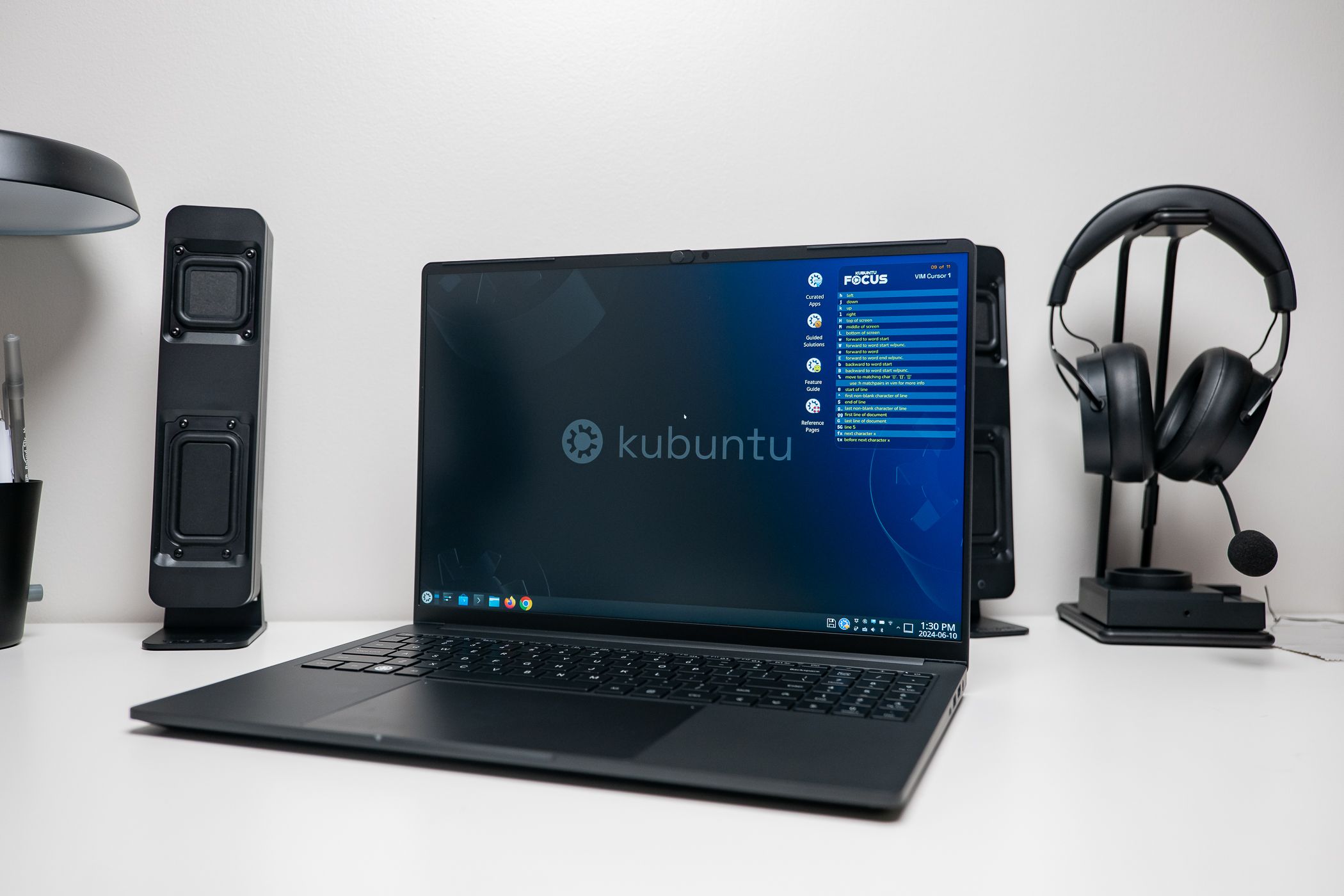Key Takeaways
- Desktop Linux keeps commercial operating systems honest by providing a viable alternative for users.
- Desktop Linux is a source of innovation that influences features found in Windows and macOS.
- While you may not use Linux, coders of OSes likely do, benefiting from its customization and shell tools.
Linux. You’ve heard about it. You’ve maybe even tried it. However, statistically, you probably don’t use it. Globally as of 2024, just over 4% of desktop PCs run Linux. That’s a tiny slice of the market, and yet it’s a milestone for Linux worth celebrating.
You’d think that at this point, waiting for the “year of desktop Linux” is pointless, and that overall desktop Linux is irrelevant. I’m here to tell you that even if desktop Linux never gains a single point of market share again, it’s important and needs to exist. Here’s why.
Desktop Linux Keeps Commercial OSes Honest
Windows absolutely dominates the desktop computer market, and having such a huge monopoly generally leads to a drop in quality and less regard for the needs of users like you and me. The thing is, no matter how much of the desktop market Microsoft has sewn up, the specter of Linux is always looming in the shadows. Diligent development of distros like Ubuntu mean they are viable replacements for most current Windows users. The sort of people who just need to browse the web and do spreadsheets and report writing.
While Microsoft can get away with making Windows pretty terrible, they can only go so far. Both desktop Linux and macOS stand as a bulwark against WIndows going full Black Mirror on us. Just ask Intel or Nokia how quickly your fortunes can turn!
Desktop Linux Is a Source of Innovation
With massive communities of contributers working on a huge number of different Linux distros, there’s an enormous incentive for innovation. When the chaos machine of Linux distro competition produces something new, OSes like Windows or macOS can take inspiration from it. Windows 11’s hot patching feature is a lot like Ubuntu Livepatch. Windows WinGet is basically Linux APT or YUM. I was using native desktop switching in Linux long before virtual desktops came to Windows. Likewise, automatic window tiling layouts were in various Linux distros before Windows and macOS introduced something similar.
Beyond the desktop, Linux’s innovations in containerization (like Docker) and virtualization have influenced the way we build and deploy modern software systems, including those on macOS and Windows.
It’s Crucial for Coders of Other OSes
While you might not use desktop Linux, the people who make the OS you do use are almost certainly doing some or all of their coding on a Linux machine. Many coders love Linux for a long list of reasons. Not least of which is that they can customize it to their specific needs, or that Linux has shell tools that can make the life of a coder much easier.
The Open Source Philosophy Is Worth Supporting
Even if you don’t use Linux, you should support the idea of Linux. Open source software is essential to all the technology you use. So, no matter what you might personally think of Linux as an OS in its various forms, Linux represents worthy principles and goals. Not to mention that open source software also does plenty of good in the world, where commercial software would otherwise have siphoned off funds needed by educational institutions, charities, or small businesses.
Without Desktop Linux, There Would Be a Hole in the Market
Without desktop Linux, there would be a big segment of computer users who aren’t getting their needs fulfilled. A 4% market share is proportionally small, but in absolute terms, that’s millions and millions of desktop computers and laptops that run Linux. If Windows or macOS could fulfill those roles, the Linux desktop market share would be zero.
Which means that not only is Linux necessary, it benefits you indirectly by filling in the gaps left by commercial operating systems in education, scientific research, privacy-focused use cases, and keeping low-spec machines out of landfills.





